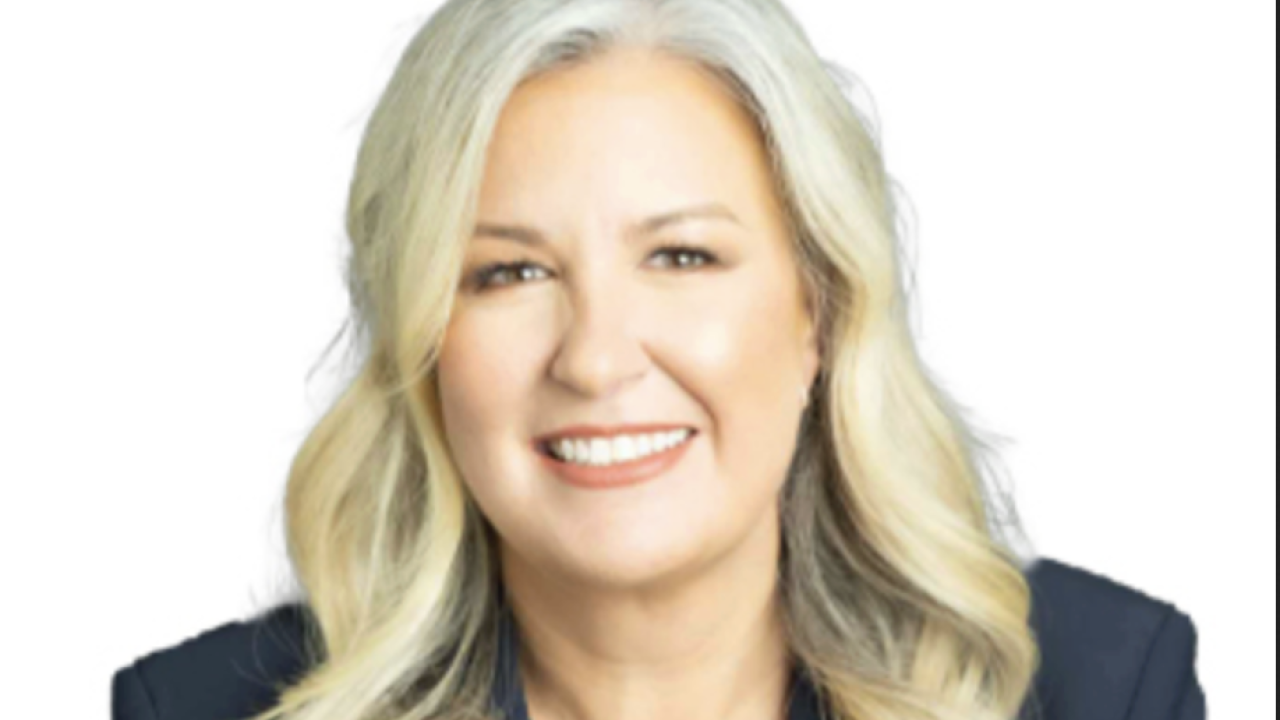KeyCorp is the latest bank to see falling investor support for its executives' pay, after a proposal to ratify the company's compensation packages drew significantly fewer "yes" votes compared with last year.
Preliminary results from Thursday's annual shareholder meeting show that Key's advisory say-on-pay measure passed with 63% of shareholder support. That's down 26 percentage points from 2024, when 89% of shareholders voted in favor.
The results come after proxy advisory firms Glass Lewis and Institutional Shareholder Services recommended that shareholders withhold their support for the proposal. The two firms, which have been pushing back this spring on certain banks' executive pay packages, raised concerns about Key's recent decision to grant special bonuses worth a combined $16.7 million to named executives. They said executive pay and financial performance are misaligned at the Cleveland-based bank.
The awards, which were made last year following the Bank of Nova Scotia's minority-stake investment in KeyBank's parent company, were aimed at boosting executives' stock ownership levels to "retain the talent the company needs to continue to generate and deliver long-term shareholder value from the Scotiabank strategic minority investment," Key said in a regulatory filing at the time.
Key declined to comment Thursday on its say-on-pay results.
Last week, the $189 billion-asset company filed an addendum to its 2025 proxy statement, urging shareholders to support the pay packages awarded to Chairman and CEO Chris Gorman and four other named executives.
In the addendum, the company said it was "disappointed" by Glass Lewis' and ISS' recommendations and asked shareholders to "look past the proxy advisors' one-size-fits-all approach to executive compensation design [and] consider the extraordinary dynamics underlying our decision to grant the awards to this specific executive leadership team."
Notably, Key said in the addendum that it has "no intention of making this type of supplemental award a regular feature" of its executive compensation program.
"But this type of award was necessary at this critical time for Key," the company stated.
With declining shareholder support for say on pay this year, Key joins a list of at least four large and regional banks that also recorded subpar tallies. Goldman Sachs' executive compensation resolution garnered 66% support during its annual meeting in late April — a 20-percentage-point drop from its final tally last year.
The say-on-pay resolutions at both Truist Financial and Citizens Financial Group received 59% support this year. Last year, Truist received 88% support, while Citizens received 63%. Texas Capital Bancshares' executive pay proposal failed this year, with only 47% of shareholders voting in favor of it, down from 83% in 2024.
Like Key, Goldman, Truist, Citizens and Texas Capital all made special, off-cycle bonuses to top executives — moves that have previously been criticized by shareholders, analysts and proxy advisors. Either Glass Lewis or ISS, or both, urged shareholders to reject the say-on-pay measures at each of those four banks.
Bank of America also registered lower shareholder support for say on pay this spring — 74%, down from 91% last year — but it did not grant special awards to top executives in 2024.
In trying to drum up support for its pay packages, Key outlined several points in last week's additional proxy materials. Regarding the special bonuses, it said the leadership team should be rewarded for "successfully [leading] Key through a challenging period for regional banks and the financial services industry at large" and because the executives "will be required to lead Key through a period of significant macroeconomic uncertainty."
Key also stated that the team "executed an innovative $2.8 billion capital raise at a 17% market premium … and laid the groundwork to deliver sound, profitable growth in the future." The company used some of the capital to restructure its bond portfolio by getting rid of some low-yielding bonds, which had played a role in hampering Key's profitability in recent years.
Key also said in the addendum that "this is the right leadership team to now put the raised capital to work and realize the shareholder value from the Scotiabank investment."
Like some of its peers, Key will likely conduct further shareholder engagement to better understand why shareholders didn't come out in stronger support of its say-on-pay measure.
ISS expects banks with less than 70% say-on-pay approval to conduct shareholder outreach to better understand their concerns. Glass Lewis expects such outreach when approval is below 80%.






